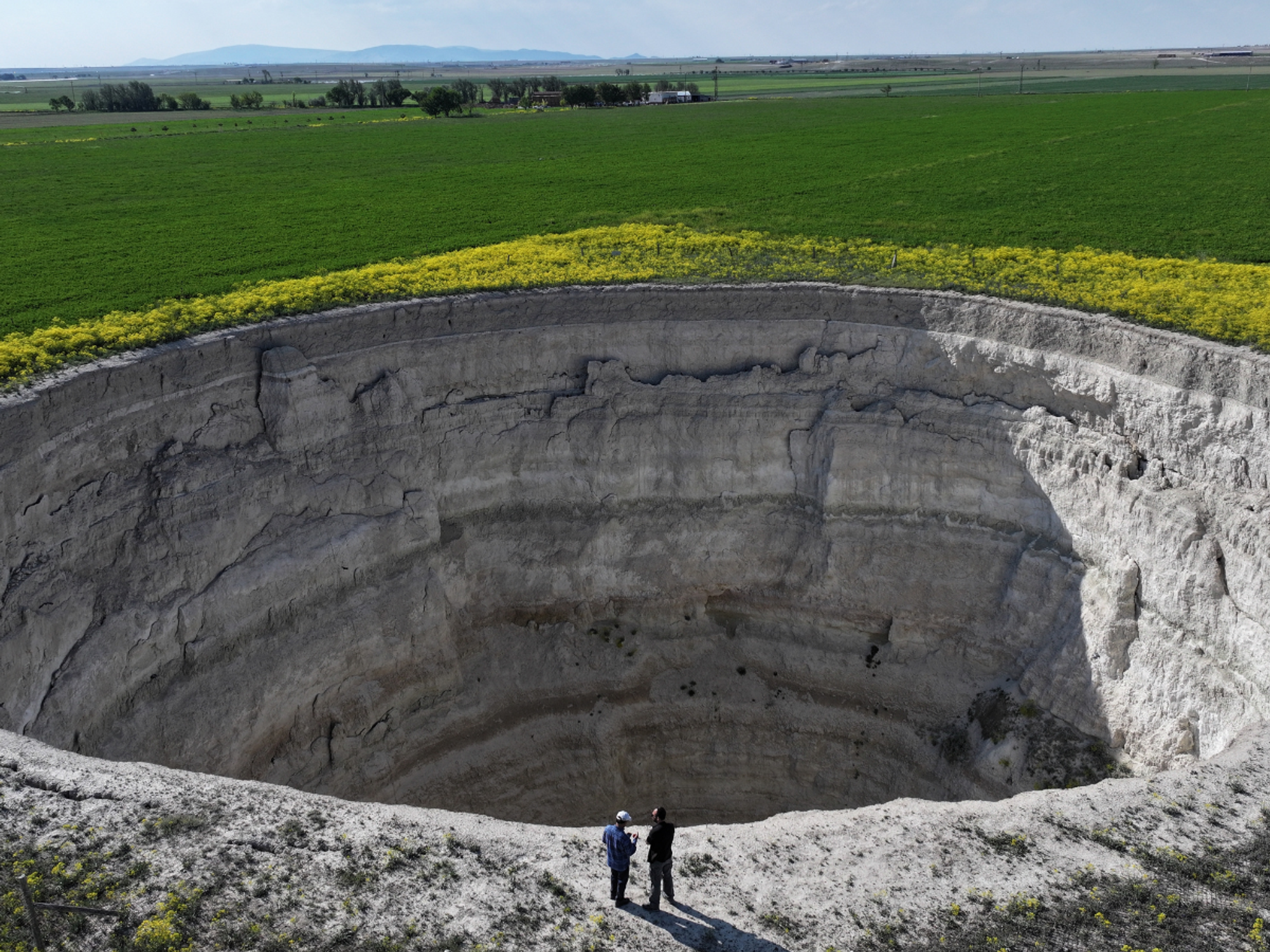Neurologist diagnosed with dementia in his 60s reveals his 'first clue' - and it was 'smelly'

Daniel Gibbs knew something was wrong about 15 years ago but thought nothing of it at the time
|Getty Images

Daniel Gibbs' life changed when he took a DNA test in 2012 - but he knew something was amiss years before
Don't Miss
Most Read
A neurologist diagnosed with dementia in his 60s has revealed his first symptom.
Daniel Gibbs, now 73, found out he had Alzheimer's disease after taking a DNA test to inform his wife’s genealogy research.
Besides learning where his ancestors had lived and whether his face is likely to flush after drinking alcohol, Gibbs discovered he had two copies of the APOE gene - this significantly increases your risk of developing late-onset Alzheimer's.
In 2016, his worst fears became a reality when he was diagnosed with the degenerative disease.

The neurologist describes his 'olfactory hallucinations' as a 'combination of baking bread mixed with perfume'
|Getty Images
The neurologist revealed his first warning sign on the JAMA Medical News podcast in 2021.
Gibbs said his "first clue", although he didn't recognise it at the time, was losing his sense of smell about 15 years ago. ago.
A year after that the neurologist started having "olfactory hallucinations", which he describes as a "combination of baking bread mixed with perfume".
His symptoms were "quite pleasant" and would last 15 minutes up to an hour.
Gibbs knew that loss of smell could be a "harbinger" of Parkinson's disease but at that time did not know about an association to Alzheimer's.
"It turns out that virtually everybody with Alzheimer's, when tested, has some degree of loss of smell."
Researchers continue to understand more about this link.
A study published last year found that carriers of the APOE ε4 gene, such as Gibbs, may lose their ability to identify odours earlier than those who do not carry the gene variant.
LATEST DEVELOPMENTS

Carriers of the APOE ε4 gene may lose their ability to identify odours earlier than those who do not carry it
|Getty Images
The study, published in Neurology, found that people who carry this gene variant may experience an impaired sense of smell before any symptoms of Alzheimer’s, such as mild cognitive impairment, appear.
The study aimed to determine whether APOE ε4 is linked to a decline in the sense of smell and cognition and, if so, how.
The researchers took DNA samples to determine which of the respondents carried the gene variant. The researchers suggest that testing a person’s ability to detect odours may be useful for identifying those at risk.
Throughout the study, those with the gene were 37 percent less likely to have good odour detection than people without the gene.
At age 65, people with the APOE ε4 variant could detect fewer odours than those without the gene, suggesting that their ability to detect odours had already declined by this age. However, non-carriers, who started with a better ability to detect odours, showed a more rapid decline after age 65.
In contrast, when identifying odours, there was no difference between carriers and non-carriers at 65, but carriers’ ability declined more rapidly, particularly from age 75. Cognition showed a similar pattern, with faster declines in cognition in those with the APOE ε4 variant.










